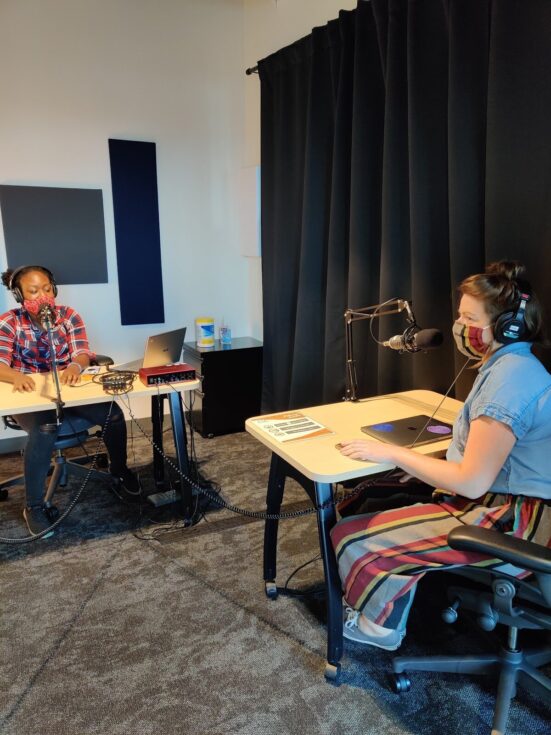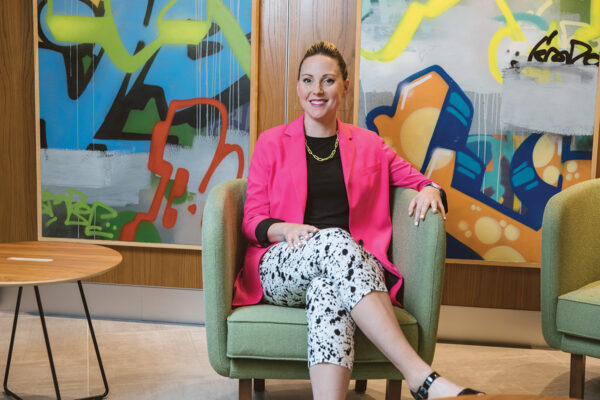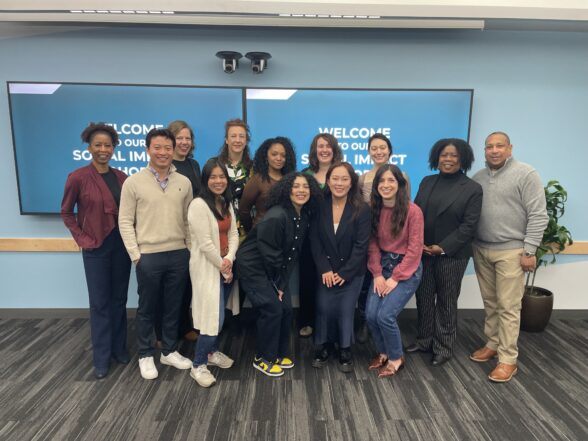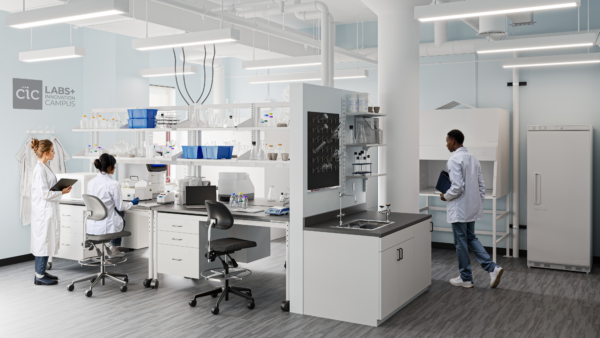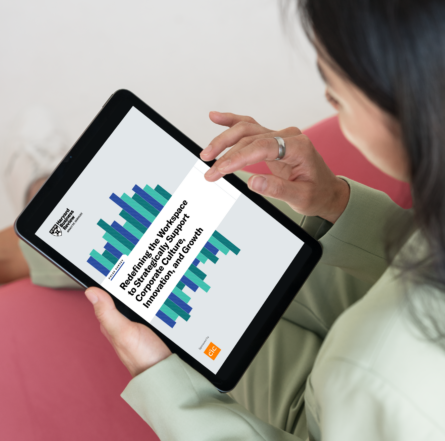This past June, after three months of working from home, Michael Sierra was ready to go back to the office. Coronavirus cases in the Boston area, where he lives and works, had gone down, and as a scientist who had been following the progression of the pandemic, he felt more comfortable in his private office at CIC Cambridge than he did at the supermarket.
However, even with safety guidelines in place, not all of Sierra’s colleagues felt as secure. “To get my team back at work, we really needed testing,” he recalls.
Sierra is a vice president at LEO Pharma, a global leader in dermatology with headquarters in Denmark. Since the beginning of October, Sierra’s five-person Cambridge crew has been getting tested for COVID-19 once a week. They’re among the early adoptees of CIC’s onsite coronavirus testing, a first-of-its-kind service among shared workspace providers.
“It’s reassuring,” Sierra says. “Getting a test and waking up the next morning knowing your results, you feel safer. Especially when everyone on the team has that.”
CIC began providing testing to its coworking members in August with the launch of CIC Health, a company offering COVID-19 testing services to organizations and individuals. Employees at CIC-based companies can book testing appointments online, complete the test within a few minutes while at work, and then receive results within an average of 24 hours.
In Cambridge’s Kendall Square, CIC coworking members and the public can schedule coronavirus testing and receive results within 24 hours.
In offering testing, the goal was not only to help people come to work more safely — it was also to keep coworking members’ families and communities safer by detecting cases as early as possible, before further transmission occurs.
While one-off testing is available, the real game-changer for some companies has been assurance testing: that is, testing of a group on a regular basis. With assurance testing, a team can keep a close eye on their health and quickly identify and respond to the presence of a virus that is so often asymptomatic.
“I’m a cautious person, so the feeling of assurance during these very uncertain times has been priceless for me and my family,” says CIC member Maggie Schmierer. Schmierer serves as the senior manager of scientific operations at Carisma Therapeutics, a company pioneering the development of genetically engineered macrophages as a disruptive approach to immunotherapy.
Unlike many companies, Carisma didn’t have the option of shifting everyone to remote work when the pandemic hit; a portion of the staff had to come in regularly to their space at BioLabs at CIC Philadelphia to maintain their active lab work.
“In the beginning of the pandemic, our work was slower. We wanted to make sure we had all the proper precautions in place,” Schmierer says. “We’ve been spreading out our physical workstations and spreading out our schedules. We basically have someone here from six in the morning to late at night at different times so that people can have space.”
As lower COVID rates in Philadelphia led to loosened restrictions throughout the spring and summer, the Carisma team was able to ramp up their work, and more staff were able to come in regularly. Regular testing has provided an added layer of security for the team.
But for Schmierer personally, “it’s more about that assurance when you go home,” she says. “I have two little kids, and we also see their grandparents. It’s important to me to have that extra feeling that I won’t pass anything to them.”
Still, testing is no silver bullet. Both Schmierer and Sierra remarked on the importance of maintaining other reasonable precautions alongside assurance testing. And as cases have risen this fall, a trajectory that is expected to continue in the colder months, some CICers anticipate increasing the frequency of their testing or making adjustments to their workflows.
